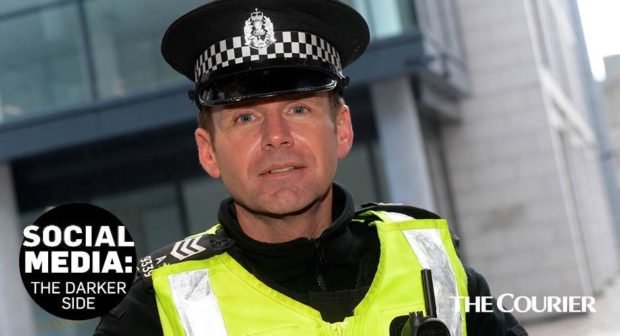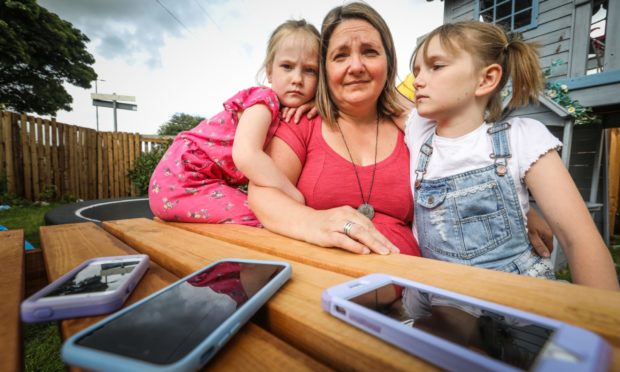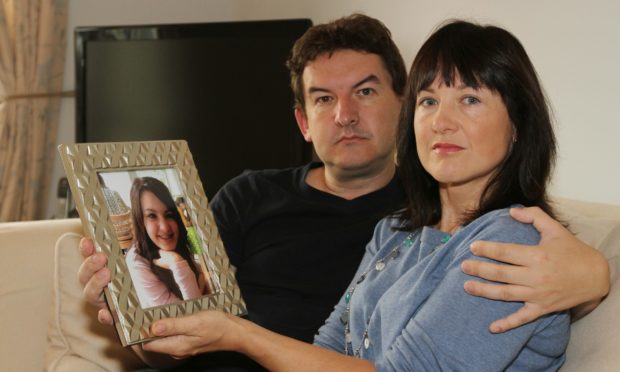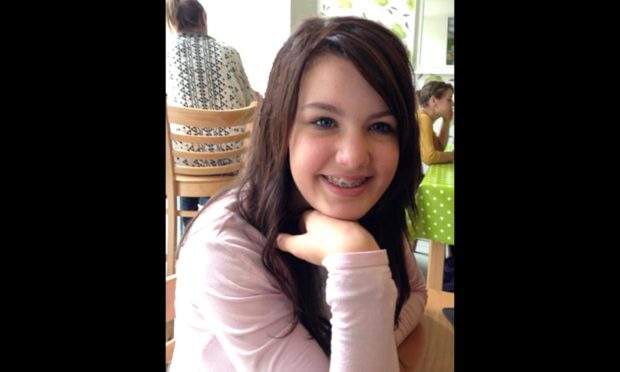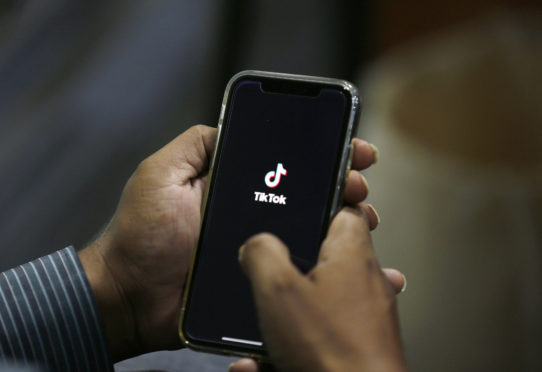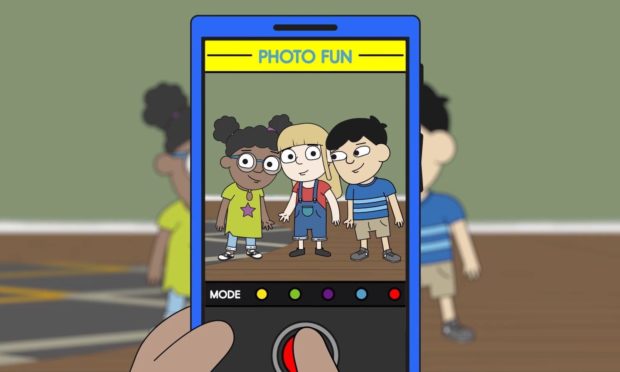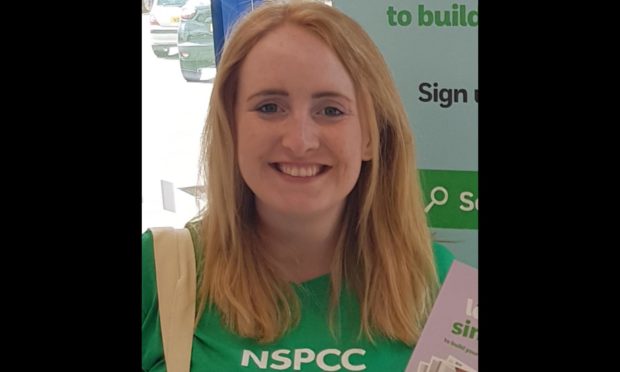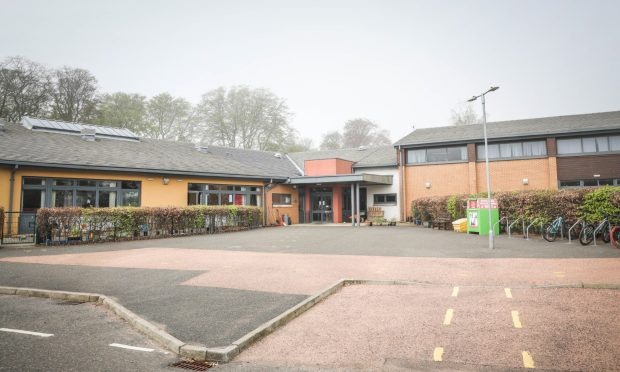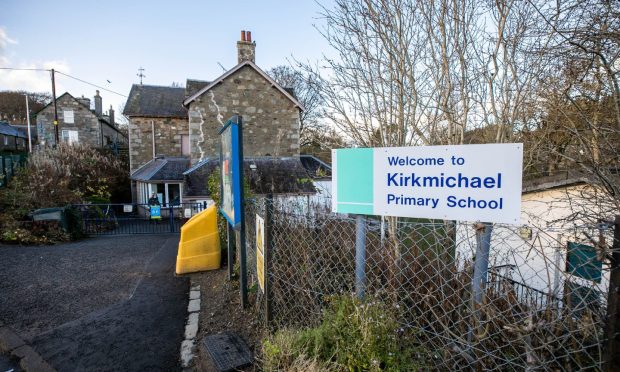As digital crimes against young people reaches record levels, a police officer tackling cyber crimes has urged parents to communicate with their children about the dangers of social media.
Sergeant Gavin Jardine is part of Police Scotland’s Cyber Crime Harm Prevention Team aiming to crack down on a host of cyber crimes, including offences such as cyber bullying and grooming.
In order to help make the internet a safer place for young people, children need to be aware of the dark side of the web.
“It’s important that we educate children about their digital footprint and make sure that they understand once something is put onto the internet, there’s no removing it and it’s always going to be there,” he said.

“Something that may have been posted innocently on any of the social media platforms may be interpreted in a different way than they intended and there can be repercussions with detrimental effects on their social standing in school for example or even on their mental health.”
Children are now at higher risk of online danger as a result of the Covid-19 pandemic, as children turned to social media to communicate with their friends, according to the NSPCC.
Police Scotland revealed a stark rise in the number of online child sexual crimes as June recorded the highest numbers ever in a month with 226 crimes – an increase of 21% on the same period last year.
Mr Jardine wants children and their parents to understand that sharing inappropriate content, such as images, online can have worrying consequences.
He continued: “It’s really important that people are aware that what they’re posting online is not going to disappear and it can end up causing embarrassment at best or even having a detrimental effect on their mental health and wellbeing – especially at the vulnerable age of teenagers.
“It’s important that parents and carers are aware of what their children are doing online. Kids can have their headsets on while game for example and we have no idea who they’re talking to.
“It’s not always easy but if you care for a young person – talk to them and take an interest in what they’re doing in the same way parents ask about what they’ve been up to after they’ve been outside with their friends.
“I don’t know that we do that enough with the internet and it doesn’t have to be an intrusion of their privacy. It’s normalising the discussion so they feel comfortable coming to you.”
“The online world is a great place and it can be highly useful for children if it is used well.
According to the NSPCC, children experiencing online abuse may show signs of behaviour change such as mood changes after using the internet, going online more or less frequently or becoming secretive about who they’re talking to.
Mr Jardine suggests concerned parents try and discuss their fears with their children in the first instance. If something is wrong, then they should contact police for support.
However he said he internet does not have to be all “doom and gloom” as children are able to chat with friends safely, access learning tools for school work and have endless hours of fun.
He added: “The online world is a great place and it can be highly useful for children if it is used well.
“We want children to be able to enjoy it but for that to happen we need better awareness of the dangers.”
